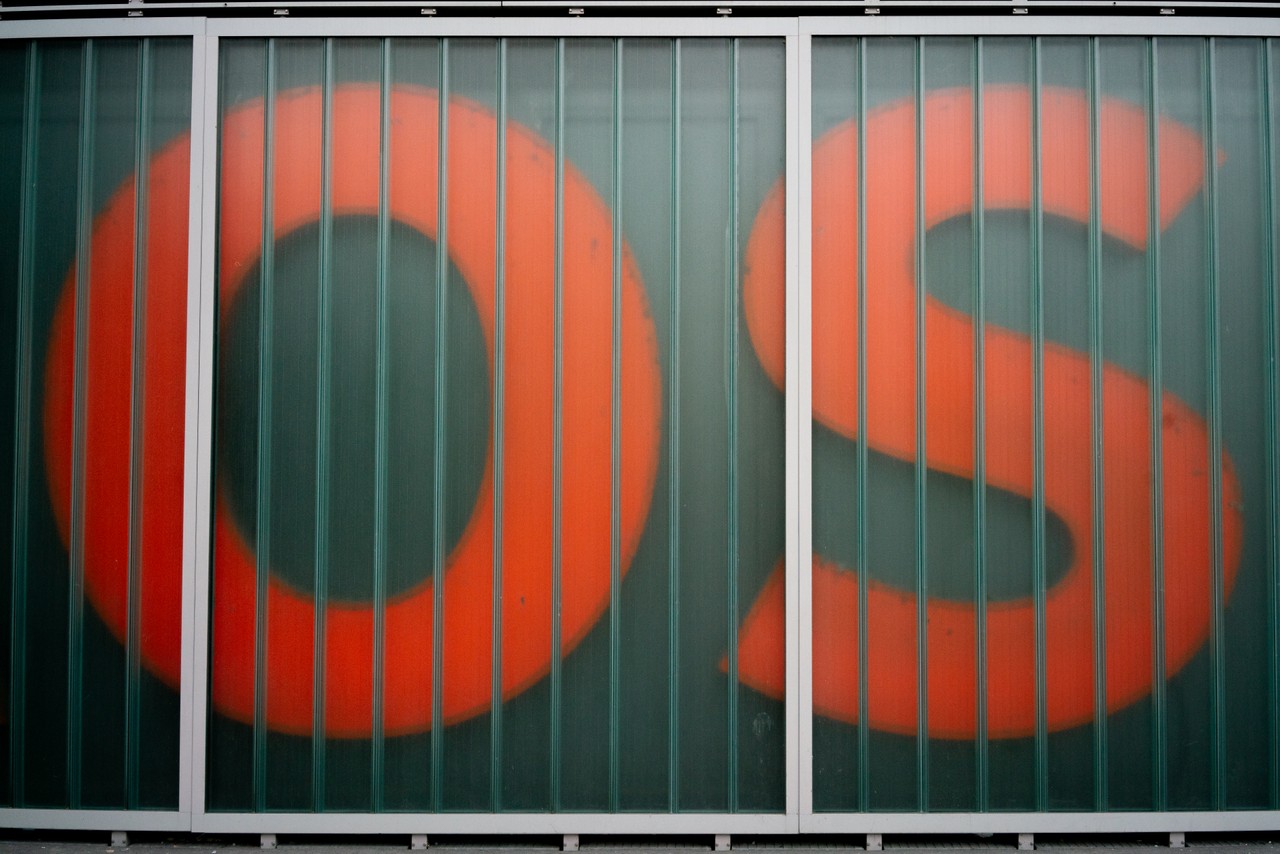An operating system, or OS, is what manages all the software on your computer.
Common operating systems for desktop computers are Windows, macOS, and Linux. And for mobile devices, Android and iOS are popular operating systems.
When you first turn on your computer or device, the operating system is the first thing that runs. It then manages the hardware, handles common tasks, and allocates resources that all the other software uses.
Before operating systems, computers were much simpler. They ran programs that were printed on a series or punch cards.
Like today, computers back then were often made up of very different hardware. They had different CPUs, memory, storage, and other things. So if you wanted to run your program on another computer, you had to rewrite the entire program to handle the different hardware.
But with an operating system, you could write your program once to run on that operating system. Then other computers or devices running the same OS could run your program.
For example, if you create an app for Android, the Android OS will handle common tasks like opening a window, and give your app enough memory and storage to run. Android also gives you ways to interact with hardware like the camera or touch screen.
Then when other people download your app, it shouldn't matter if they have a Samsung or Huawei phone – your app should work the same way on both devices.
